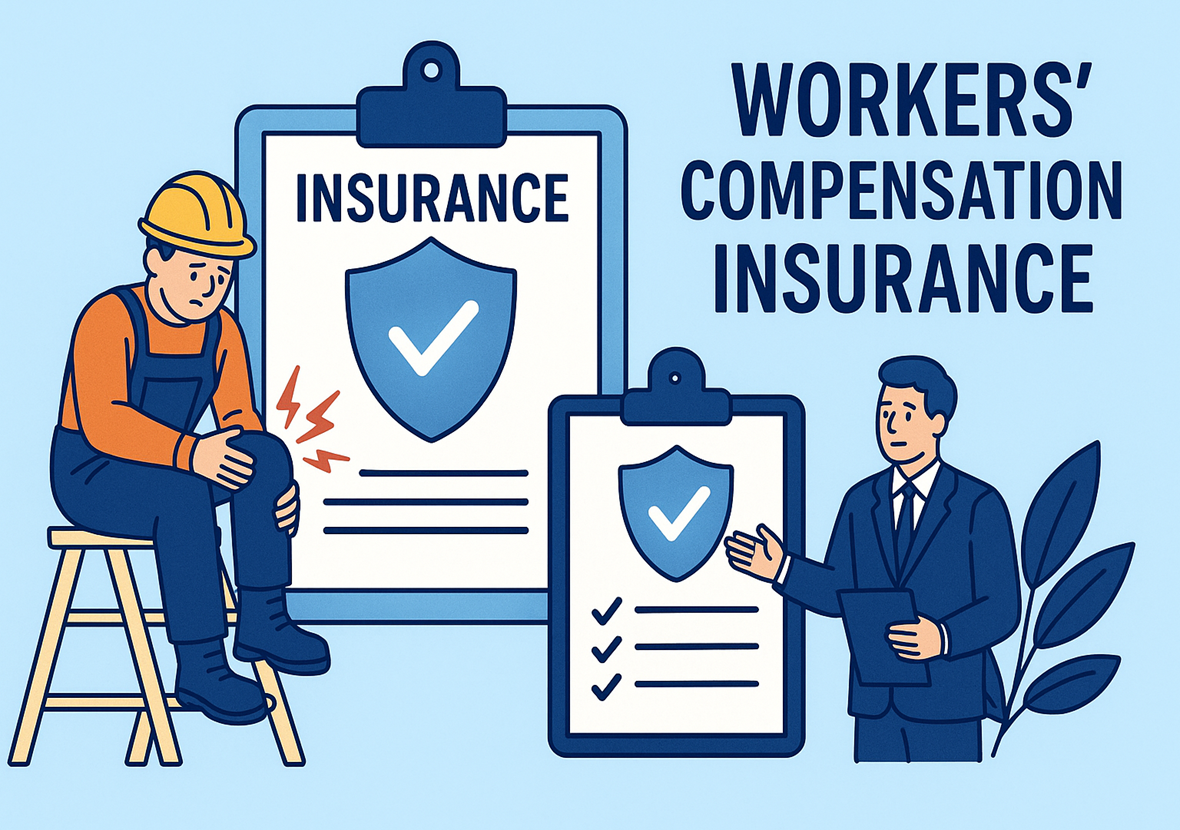The Importance of Sales Tax Permits in the United States
Sales tax is an essential part of running a business in the United States. Whether you operate an online store, a brick-and-mortar shop, or provide taxable services, understanding sales tax and the requirement for a sales tax permit is crucial. Without the proper permits, businesses risk penalties, legal issues, and operational disruptions.
A sales tax permit, also known as a seller’s permit, is a legal authorization issued by state governments that allows businesses to collect and remit sales tax. Since sales tax is regulated at the state level, the rules and requirements can vary from one state to another. Understanding the importance of this permit is key to staying compliant and ensuring the smooth operation of your business.
What Is Sales Tax Permits?
A sales tax permit, also known as a seller’s permit or sales tax license, is a legal authorization issued by a state government that allows businesses to collect and remit sales tax on taxable goods and services. It is required for businesses that sell physical products or certain taxable services in states that impose sales tax.
Understanding Sales Tax in the United States
Sales tax is a consumption tax imposed by state and local governments on the sale of goods and certain services. Unlike federal taxes, which are uniformly applied nationwide, sales tax is determined at the state level, with some states also allowing local governments to levy additional sales taxes. This results in varying tax rates across different regions.
Currently, forty-five states and Washington, D.C., impose a state-wide sales tax. However, five states—Alaska, Delaware, Montana, New Hampshire, and Oregon—do not have a general statewide sales tax. Even in states without a statewide sales tax, local governments may still impose their own taxes, as seen in parts of Alaska.
Businesses that sell taxable products or services are required to collect sales tax from customers at the point of sale. This tax is then remitted to the appropriate state or local tax authority. Failing to collect or remit sales tax properly can lead to serious consequences, including fines and legal actions.
Why a Sales Tax Permit Is Necessary
A sales tax permit serves as official authorization from the state, allowing a business to collect sales tax legally. Without this permit, businesses are not permitted to collect sales tax from customers, which can lead to compliance violations. The permit ensures that businesses are properly registered with the state and that they have the necessary mechanisms in place to collect and remit taxes.
From a legal standpoint, operating without a sales tax permit when required can result in severe penalties. States actively monitor businesses to ensure tax compliance, and businesses found collecting sales tax without proper authorization may face fines, back taxes, and even business license revocation.
Having a sales tax permit also establishes credibility with customers. Many consumers expect businesses to be compliant with tax laws, and failing to collect sales tax or displaying a lack of proper registration can raise concerns. A business that follows tax regulations is more likely to gain trust and maintain a professional reputation.
Additionally, many suppliers and wholesalers require proof of a sales tax permit before selling goods to a retailer at wholesale prices. This is because wholesalers do not collect sales tax on products that will later be resold, as the responsibility for tax collection shifts to the final point of sale. Without a permit, businesses may not be able to access these wholesale benefits.
How to Obtain a Sales Tax Permit
The process of obtaining a sales tax permit varies by state but generally involves registering with the state’s Department of Revenue or a similar tax agency. Most states provide online registration portals that allow businesses to apply for a permit quickly and efficiently.
When applying for a sales tax permit, businesses typically need to provide essential details, including the legal business name, owner information, business location, type of business activities, and federal tax identification number (EIN) if applicable. Some states may also require businesses to estimate their expected sales tax collections.
Once the permit is issued, businesses receive a unique sales tax identification number. This number is used for tax reporting purposes and must be included in tax filings and documentation. Some states require permits to be renewed periodically, while others issue them with no expiration date.
Sales Tax Nexus and Its Impact on Permits
One critical concept in sales tax compliance is “nexus.” A business has nexus in a state if it has a sufficient connection to that state, making it responsible for collecting and remitting sales tax. Traditionally, nexus was established through a physical presence, such as having a store, office, or warehouse in a state. However, modern tax laws have expanded the definition to include economic nexus, which applies based on sales volume or transaction thresholds.
Economic nexus laws mean that businesses selling online across state lines may need sales tax permits in multiple states. For example, if an online retailer exceeds a specific sales threshold in a state, it must register for a sales tax permit and begin collecting tax in that state, even without a physical presence. This has become particularly important following the 2018 Supreme Court decision in South Dakota v. Wayfair, Inc., which allowed states to impose sales tax collection obligations on out-of-state sellers.
For businesses selling in multiple states, understanding where they have nexus is crucial. Failing to register for a sales tax permit in a state where nexus exists can lead to audits, penalties, and back taxes.
Responsibilities After Obtaining a Sales Tax Permit
Once a business obtains a sales tax permit, it must comply with ongoing tax collection and reporting responsibilities. The first obligation is to collect the correct amount of sales tax at the point of sale. Since sales tax rates vary by state and even by local jurisdiction, businesses must ensure they are charging the correct tax rate based on where the sale occurs.
Sales tax must be remitted to the state tax authority according to the assigned filing frequency, which can be monthly, quarterly, or annually, depending on the volume of sales. Some states require businesses to file tax returns even if no sales were made during the reporting period. Failing to file returns, even for zero sales, can result in penalties.
In addition to remitting sales tax, businesses must maintain proper records of all transactions. Keeping accurate sales records, tax collected, and exemption certificates (for tax-exempt sales) is crucial for audits and compliance. State tax authorities may conduct audits to ensure businesses are properly collecting and reporting sales tax, so maintaining organized records is essential.
Businesses should also stay informed about changes in sales tax laws. Tax rates, regulations, and nexus thresholds can change, impacting compliance obligations. Many states provide updates through their Department of Revenue websites, and tax software solutions can help businesses stay up to date with the latest tax rules.
Sales Tax Exemptions and Their Role in Compliance
Not all sales are subject to sales tax. Certain products and services may be exempt from taxation based on state laws. Common exemptions include groceries, prescription medications, medical devices, and educational materials. Additionally, sales made to tax-exempt organizations, such as non-profits and government agencies, may also be exempt from sales tax.
To properly manage tax exemptions, businesses must collect and maintain valid exemption certificates from customers who qualify. These certificates serve as proof that a sale was legitimately exempt from tax collection. Improperly handling tax-exempt sales can lead to penalties if a state audit finds that taxes should have been collected.
Understanding exemptions is important not only for compliance but also for customer satisfaction. Charging sales tax on exempt products can lead to customer disputes, while failing to collect proper documentation for exempt sales can result in liabilities for the business.
Consequences of Not Having a Sales Tax Permit
Operating without a sales tax permit when required can have severe consequences. States take tax compliance seriously and enforce penalties on businesses that fail to register, collect, or remit sales tax properly.
Businesses found operating without a permit may face fines, interest on unpaid taxes, and back taxes owed for past sales. In extreme cases, state tax authorities may take legal action, revoke business licenses, or place tax liens on assets. Repeated non-compliance can lead to more significant financial and legal repercussions.
Additionally, failing to collect sales tax can create unexpected liabilities if a business is audited. If a state determines that sales tax should have been collected but was not, the business is responsible for paying the tax out of pocket, which can be financially devastating.
Conclusion
A sales tax permit is a fundamental requirement for businesses selling taxable goods and services in the United States. It ensures compliance with state tax laws, allows businesses to collect and remit sales tax legally, and helps maintain credibility with customers and suppliers.
From understanding tax nexus to managing exemptions and filing returns, businesses must stay informed and proactive in meeting their sales tax obligations. Failing to obtain a permit or comply with sales tax laws can lead to serious financial and legal consequences, making it essential for businesses to prioritize tax compliance.
By securing a sales tax permit and adhering to state regulations, businesses can operate smoothly, avoid penalties, and focus on growth and success. Whether selling locally or across state lines, staying informed about sales tax requirements is key to a thriving business.















